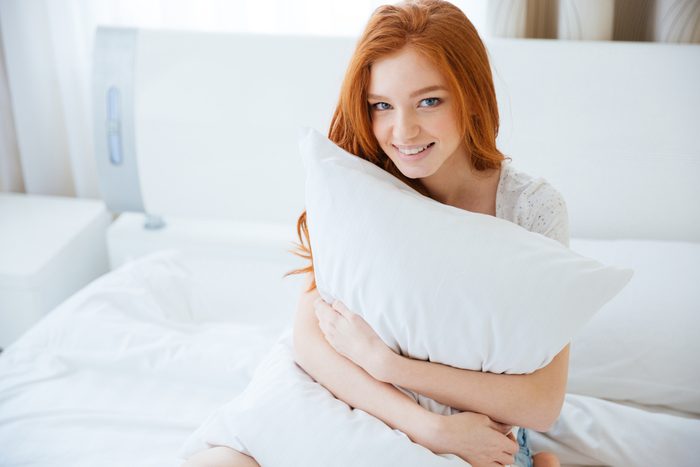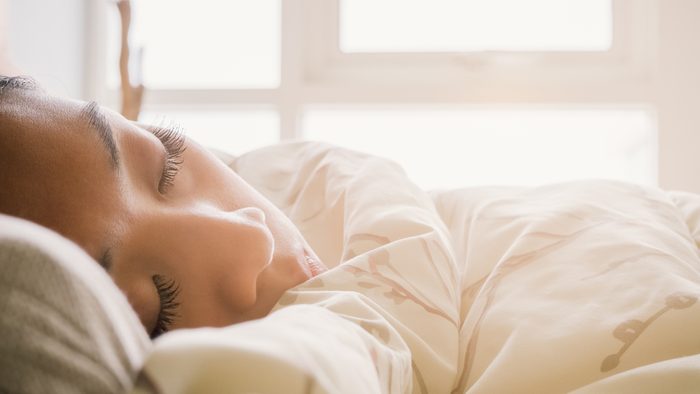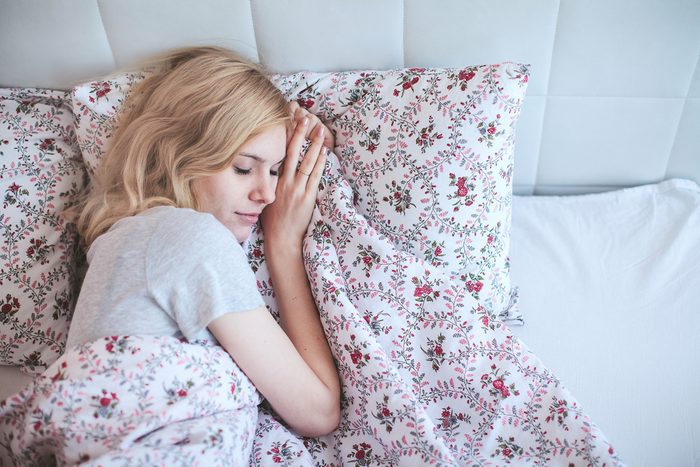
The Best Pillows You Can Buy
How you snooze impacts how you choose – pillows, that is. We asked Dr. Dwight Chapin, a chiropractor and clinic director at High Point Wellness Centre in Mississauga, ON, for his advice on choosing the best pillows for your sleeping habits.

The Snorer
For most, snoring is at its worst when you’re on your back. If you struggle with keeping yourself from rolling over during the night, anti-snore pillows can force you into a side-sleeping position or at least keep your head elevated and your airways open when you’re on your back.

The Spooner
As a side sleeper, you want your pillow to adequately support your head and align your neck with the rest of your spine. The softness or firmness of the pillow is a matter of personal preference. Side sleepers need to pay attention to the height of their pillows to keep their necks aligned with their spines.
Contoured pillows provide good support. They retain their contour in support of your head, neck and shoulders, providing relief for pressure points that can cause pain. Memory-foam pillows will mould to your body, making a precise fit less critical, and they’re designed to respond to pressure and heat from your body.

The Sneezer
There are a variety of hypoallergenic pillows available that can help reduce or even eliminate dust mites. Hollowfibre, microfibre and polyester pillows that are machine washable are a good option.
Latex pillows can also help deter dust mites and are antimicrobial and mildew resistant. Generally, pillows should be cleaned every two to three months and replaced every two years. Using zippered pillow protectors can also help.
